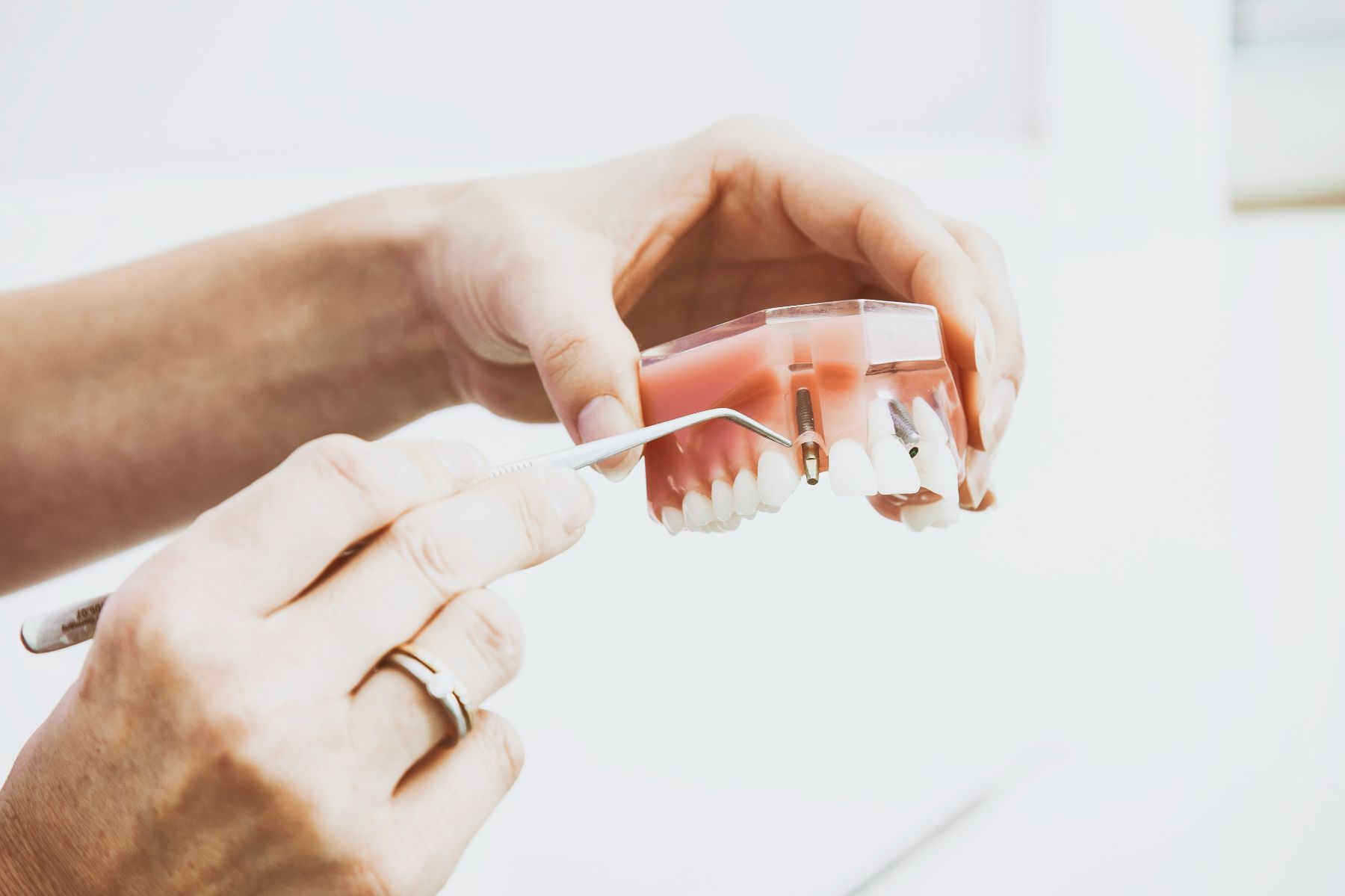Dental implants are the ideal solution for many people to restore their smile after tooth loss. Despite the fact that the placement of dental implants is usually without complications, it can sometimes happen that a dental implant becomes loose. This is, of course, extremely annoying for the patient. In this article, we will explain to you what possible causes this and how you can address this problem.
How are dental implants placed?
A dental implant is usually made of titanium and is implanted into your jawbone where a tooth is missing. This implant attaches to the jawbone through a natural process called osseointegration. This can take several months. Once this process is complete, an intermediate piece called the abutment is attached, followed by the placement of the implant crown, which can be secured with special cement or screws.
A loose crown: the causes
A loose crown can be the result of wear on the abutment, improper placement of the crown, or problems with the cement coating. Other factors such as trauma, teeth grinding, or an improper bite can also contribute to this problem.
A loose implant: the causes
An implant can become loose due to osseointegration problems or peri-implant inflammation, such as mucositis or peri-implantitis. Insufficient bone growth, excessive loading or inadequate recovery period after placement may underlie this. Poor oral hygiene or general health problems may also play a role.
What is the solution for a loose crown or implant?
Depending on the cause, a loose crown can often be reattached. If the problem lies with the implant itself, such as a failed osseointegration or infection, the implant may need to be removed and replaced. These procedures should be performed by an experienced implantologist.
What can you do yourself?
Try to avoid unhealthy habits such as smoking and try not to put excessive pressure on the implant by biting on hard foods. Maintaining good oral hygiene and regular visits to your dentist or implantologist are essential.
Avoid problems with your implants with proper care!
Although most dental implants are placed successfully and function without problems for years, sometimes complications can occur. A timely and professional approach can extend the life of your implants. Are you having problems with your implant? Don’t wait and consult a qualified implantologist immediately for the best care.
Are you experiencing problems with your dental implants or looking for more information about dental implant options? Contact us. We are happy to help!
